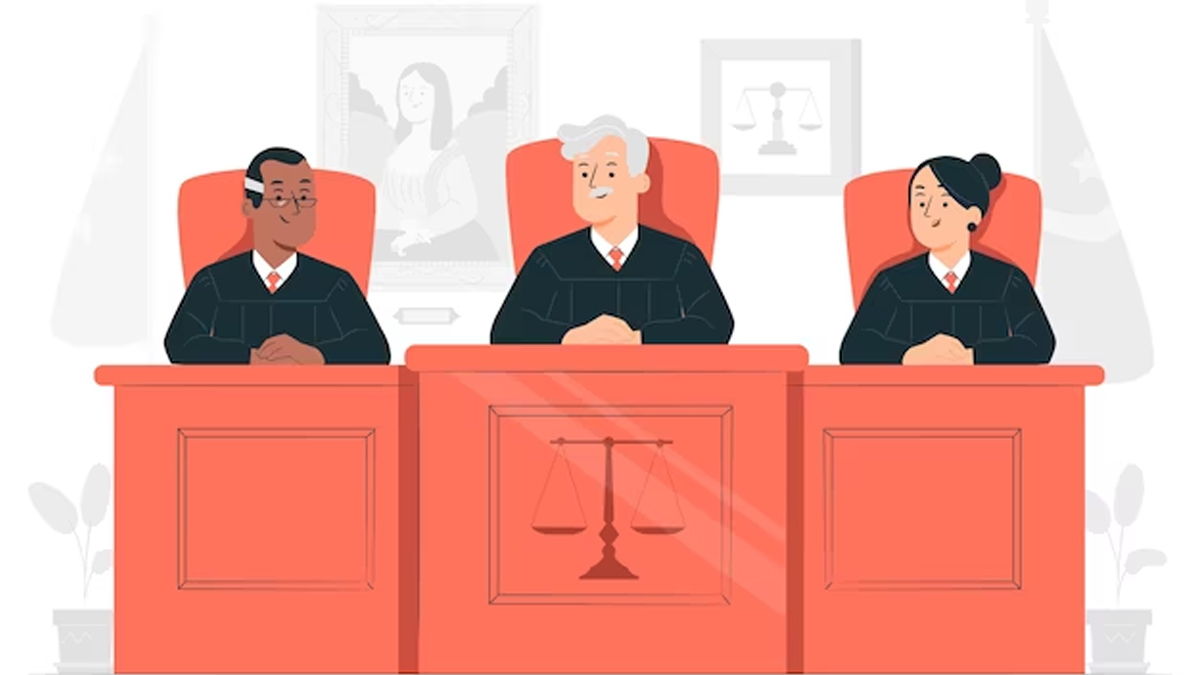However, the court clarified that if the partition of property within the biological family took place prior to the adoption and the adopted child’s share was specifically allocated, then they would retain the rights to that particular portion of the property.
This decision was rendered by a full bench led by Justice Ponugoti Naveen Rao, Justice Bollam Vijaysen Reddy, and Justice Nagesh Bheemapaka. The bench’s ruling emerged from a long-pending petition before the High Court since 2001, indicating the significance and protracted nature of the case.
To comprehend the background of this ruling, it is crucial to trace back to a precedent established in 1980 by the former High Court of Andhra Pradesh. In the case of ‘Yarlagadda Nayudamma vs Government of AP,’ the court affirmed that individuals within a Mitakshara family, which follows a specific system of inheritance, possess vested rights in the undivided property of their biological family. Even after adoption, these rights persist.
Building upon this precedent, an individual named Narasimha Rao filed a suit in 1977 against his brother Nageswara Rao and other family members, seeking partition and possession of the undivided family properties. The senior civil judge court in Khammam ruled that a coparcener from the birth family would not be divested of their share in the property even after being adopted by another family.
Discontent with the court’s decision, Nageswara Rao filed an appeal before the High Court in 1985. However, his appeal was dismissed, and subsequent review petitions faced the same outcome. Finally, in 2001, he submitted a letter of patent appeal, which came before a division bench of the High Court for further consideration.
Taking into account the rulings of the Supreme Court, as well as those of the Patna High Court and other judicial precedents, the division bench found the reasoning in the Nayudamma case unconvincing. Consequently, the bench constituted a full bench comprising Justice Naveen Rao, Justice Vijaysen Reddy, and Justice Nagesh Bheemapaka to thoroughly reevaluate the order and deliver a comprehensive decision on the matter.
After careful examination of authoritative legal texts such as Mayne’s ‘Treatise on Hindu Law and Usage’ and Sir D.F. Mulla’s ‘Principles of Hindu Law,’ and considering the judgments of the Supreme Court, along with the opinions expressed by the Patna and Allahabad High Courts, the full bench provided clarification on the legal standing. They affirmed that upon adoption, an adopted child loses their coparcenary rights within their biological family and consequently relinquishes any interest in the ancestral property belonging to their birth family.
This ruling by the full bench of the Telangana High Court brings clarity to the rights of adopted children regarding inheritance matters. It underscores the importance of property partitioning before adoption to safeguard the adopted child’s rightful share. The decision also emphasizes the significance of legal precedents and the meticulous examination of relevant legal texts and judgments from higher courts in arriving at a fair and well-informed ruling.
